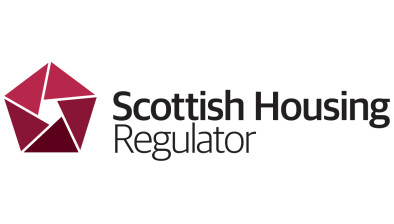Regulator puts ‘weak governance’ at root of all statutory interventions
 The Scottish Housing Regulator has put weak governance as the main issue behind all of its statutory interventions into registered social landlords (RSLs).
The Scottish Housing Regulator has put weak governance as the main issue behind all of its statutory interventions into registered social landlords (RSLs).
In a new report setting out the key lessons from its use of statutory intervention powers in 11 RSLs since 2014, the Regulator said it found that the root of the problems lay in weak governance in each of the cases.
In almost all of the RSLs there was a failure of leadership, and the cultures in some left them vulnerable to poor behaviours and incompetence. Some of those in leadership disregarded the controls that were there to protect the RSL, the report added.
Common characteristics discovered in the RSLs included:
Of the 11 times the Regulator has used its statutory intervention powers, in four cases; Wellhouse (Dec 2014-Nov 2016), Muirhouse (Dec 2014-June 2016), Ferguslie Park (Feb 2016-Aug 2018) and Molendinar Park (Mar 2017-Oct 2017) the RSL had improved and now complies with regulatory requirements.
The intervention at Antonine (Aug 2016-Sept 2018) ended when the RSL transferred its homes to Caledonia, while interventions at Arklet (Feb 2017), Wishaw & District (Feb 2017), Kincardine (Nov 2017), Dalmuir Park (Dec 2017), Ruchazie (Mar 2018) and Thistle (Aug 2018) were ongoing at the time of the report.
George Walker, chair at the Scottish Housing Regulator, said: “Most social landlords in Scotland are well-run and deliver good quality homes and services for their tenants and other service users. But things can go wrong that put the interests of tenants and other service users at risk, and this is when we use our statutory intervention powers.
“In this report we set out the lessons from our statutory interventions, including things that we have learned as well as the things social landlord can learn from. It is clear from this report that good governance protects social landlords from the problems that mean the Regulator has to intervene.”






